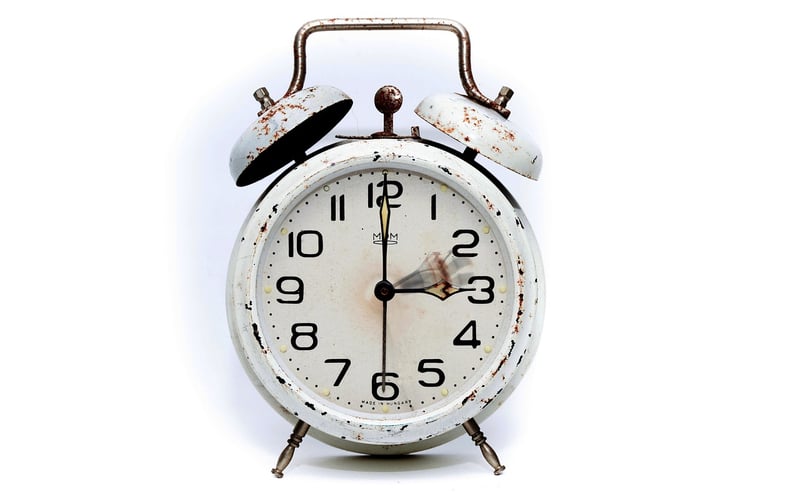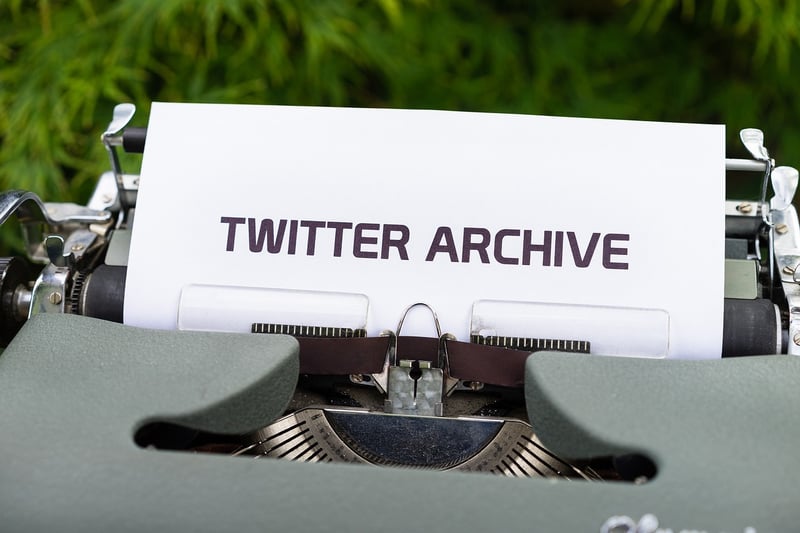Altering Timelines
Preserving the Time Continuum and Altering Timelines
Time travel has long captured the imagination of humanity, with various works of fiction exploring the possibilities and consequences of altering timelines. While time travel remains a concept confined to the realms of science fiction, the idea of preserving the time continuum and understanding the implications of altering timelines is a fascinating topic to delve into.
The Time Continuum
The time continuum, often referred to as the fabric of time, is the concept that time is a continuous and unbroken sequence of events extending in both directions—past, present, and future. It is the framework within which events occur, defining the order in which they take place.
Preserving the Time Continuum
Preserving the time continuum involves ensuring that the natural flow of time remains intact without disruptions or alterations. Any changes to the past could have ripple effects that alter the course of history, leading to potentially catastrophic consequences.
Key Principles:
- Avoiding paradoxes: Actions that create paradoxes, such as the grandfather paradox, can destabilize the time continuum.
- Respecting causality: Events in the past lead to outcomes in the future, maintaining the causal chain is crucial for preserving the time continuum.
- Minimizing interference: Limiting interventions in past events reduces the risk of unintended consequences.
Altering Timelines
While altering timelines is a common theme in science fiction, the idea of changing the past to affect the future raises complex ethical and philosophical questions. The Butterfly Effect, popularized in chaos theory, illustrates how small actions in the past can have significant consequences in the future.
Methods of Altering Timelines:
- Time travel: The ability to travel backward or forward in time to make changes to historical events.
- Alternate realities: Creating parallel universes where different choices lead to divergent timelines.
- Causal loops: Events in the past are influenced by future actions, creating a loop of cause and effect.
While altering timelines may offer the possibility of correcting past mistakes or preventing disasters, it also raises concerns about unintended repercussions and the moral implications of playing with the fabric of time.

Exploring the concepts of preserving the time continuum and altering timelines allows us to contemplate the nature of causality, free will, and the fragility of existence. While time travel remains a fantasy, the philosophical discussions it inspires provoke thought and imagination about the mysteries of time.
Remember, while the idea of altering timelines is intriguing, the preservation of the time continuum reminds us of the importance of respecting the past and embracing the uncertainties of the future.
